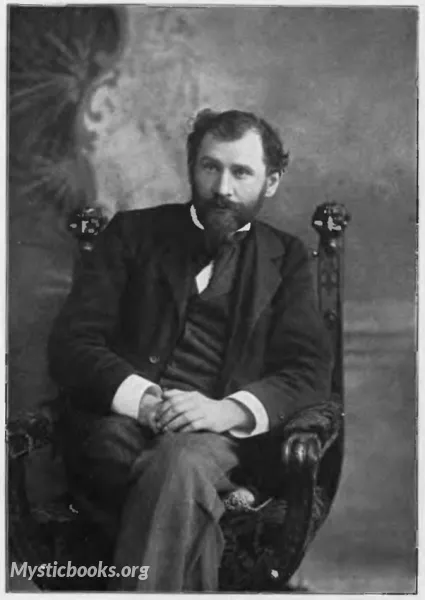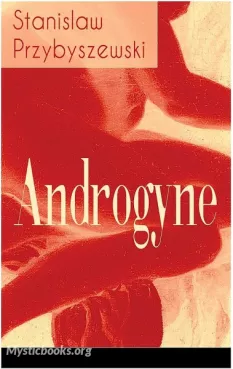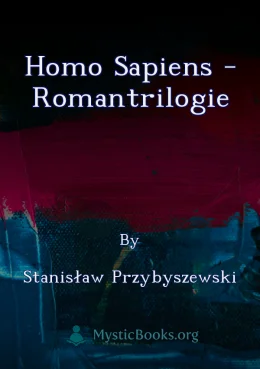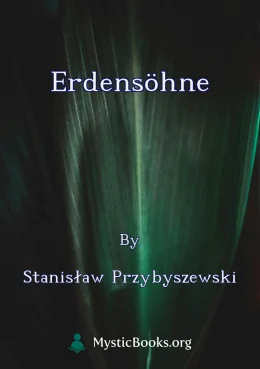
Timeline
Title
Country/Nationality
Stanisław Przybyszewski
Stanisław Przybyszewski, a prominent figure in the world of literature and philosophy, played a significant role in shaping the cultural landscape of Europe during the late 19th and early 20th centuries. As a Polish-German writer, poet, and philosopher, Przybyszewski's life was marked by intellectual exploration, artistic experimentation, and a relentless pursuit of truth. This essay delves into the life, principles, notable works, and enduring legacy of this remarkable individual.
Who Was Stanisław Przybyszewski?
Stanisław Przybyszewski was born on May 7, 1868, in Łojewo, Poland. He was raised in a family of intellectuals, and his father was a well-known Polish scholar. From an early age, Przybyszewski exhibited a thirst for knowledge and a deep passion for literature and the arts. He studied philosophy and literature in Berlin, where he eventually settled and became an influential figure in the city's literary and cultural circles.
Principles and Philosophy:
Przybyszewski's philosophical ideas were complex and often challenging, reflecting his affinity for the German Idealist tradition and the emerging Symbolist movement. He believed in the power of art to transcend reality and access deeper truths about human existence. Przybyszewski's philosophy embraced the concept of the artist as a visionary and a seer, capable of perceiving hidden realities beyond the grasp of ordinary individuals. His fascination with the darker aspects of human nature and the exploration of the subconscious made him a precursor of Expressionism.
Fame and Notable Works:
Przybyszewski rose to fame with his literary achievements and groundbreaking essays on philosophy and art. His notable works include "Homo Sapiens," a philosophical treatise exploring the essence of human nature and the purpose of existence. "Confiteor" is another significant work, a novel that delves into the tumultuous emotions and spiritual struggles of the protagonist. His collection of poetry, "Lalki," revealed his exceptional talent as a poet, earning him admiration from fellow writers and critics.
Legacy and Remembrance:
Stanisław Przybyszewski's legacy is marked by his pivotal role in the Symbolist and Expressionist movements, which laid the foundation for modernism in literature and art. His literary contributions continue to be revered for their profound themes, innovative style, and philosophical depth. Przybyszewski's ideas about the artist's role as a visionary and the power of art to transcend reality resonate with contemporary creators.
Tragically, Przybyszewski's life was marred by personal turmoil and financial struggles. He battled mental health issues and faced societal criticism for his unconventional lifestyle. Despite these challenges, his legacy endures as a visionary and literary pioneer, inspiring generations of writers and artists to embrace the transformative power of artistic expression.
Death and Remembrance:
On November 23, 1927, Stanisław Przybyszewski passed away in Jaronty, Poland. Though he faced obscurity during his later years, his work has experienced a resurgence of interest in modern times. Today, he is remembered as a trailblazer who fearlessly explored the boundaries of human consciousness and artistic expression.
Conclusion:
Stanisław Przybyszewski's life and work exemplify the quest for truth and artistic vision. His principles and philosophy continue to inspire scholars, writers, and artists around the world. As a visionary thinker, he challenged the norms of his time and left an indelible mark on the development of modern literature and philosophy. The enduring legacy of Stanisław Przybyszewski serves as a testament to the enduring power of artistic expression in unlocking the mysteries of the human experience.
Books by Stanisław Przybyszewski

Androgyne
In den rauschenden Künstlerkreisen des Fin de Siècle ist ein Geheimnis verborgen, das das Schicksal eines Mannes für immer verändert. Willkommen in der fesselnden Welt von "Androgyne" von Stanisław Przybyszewski, einem philosophischen Roman, der die...

Homo sapiens - Romantrilogie
Die Romantrilogie „Homo Sapiens“ von Stanisław Przybyszewski folgt den vielfältigen Beziehungen des Schriftstellers Erik Falk im 19. Jahrhundert. Durch diese Beziehungen gewährt der Autor Einblicke in die moralischen Ansichten der Zeit, die bis heute...

Schrei
''Schrei'' by Stanisław Przybyszewski is a novel that delves into the artistic and emotional landscape of the author's time spent in Berlin's bohemian circles. Inspired by Edvard Munch's iconic painting 'The Scream,' the novel explores the artist's i...

Totenmesse
Totenmesse (Mass of the Dead) is a deeply introspective and emotionally charged novel by Stanisław Przybyszewski. It delves into the complexities of the human psyche, exploring themes of death, existentialism, and the search for meaning in a world ri...

In diesem Erdenthal der Thränen
In "In diesem Erdenthal der Thränen," Stanisław Przybyszewski explores the complex interplay of human relationships, the depths of the human psyche, and the profound connection between humanity and the natural world. Through a symbolic and often evoc...

Erdensöhne
Erdensöhne by Stanisław Przybyszewski is a novel that explores the themes of love, destiny, and the transformative power of passion. The story follows a couple whose intense love drives them to embrace a future filled with unknown possibilities and c...